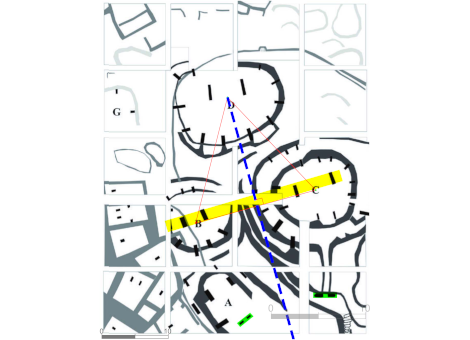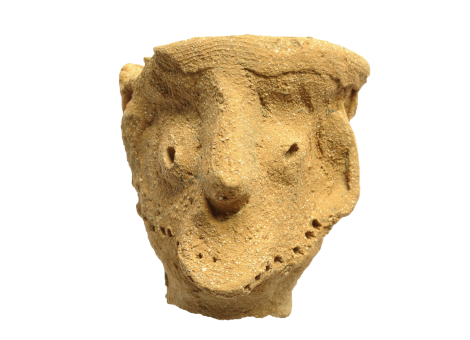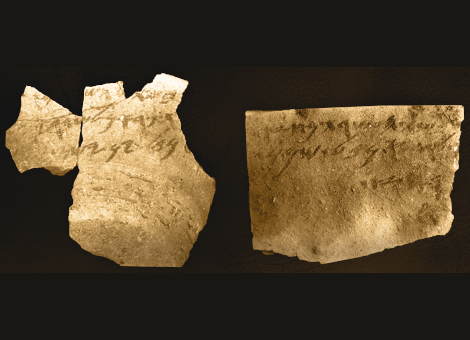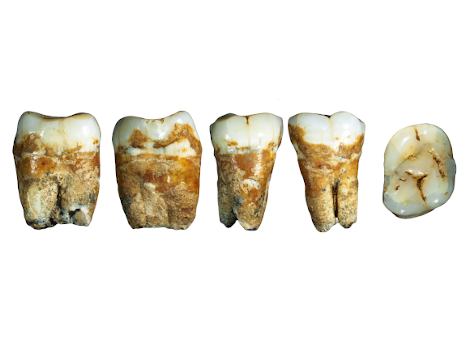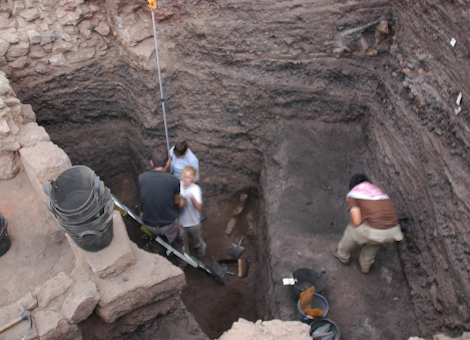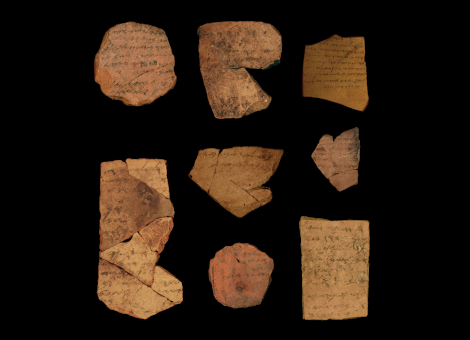
TAU study confirms widespread literacy in biblical-period kingdom of Judah
Researchers at Tel Aviv University (TAU) have analyzed 18 ancient texts dating back to around 600 BCE from the Tel Arad military post using state-of-the-art image processing, machine learning technologies, and the expertise of a senior handwriting examiner. They have concluded that the texts were written by no fewer than 12 authors, suggesting that many… Read More
